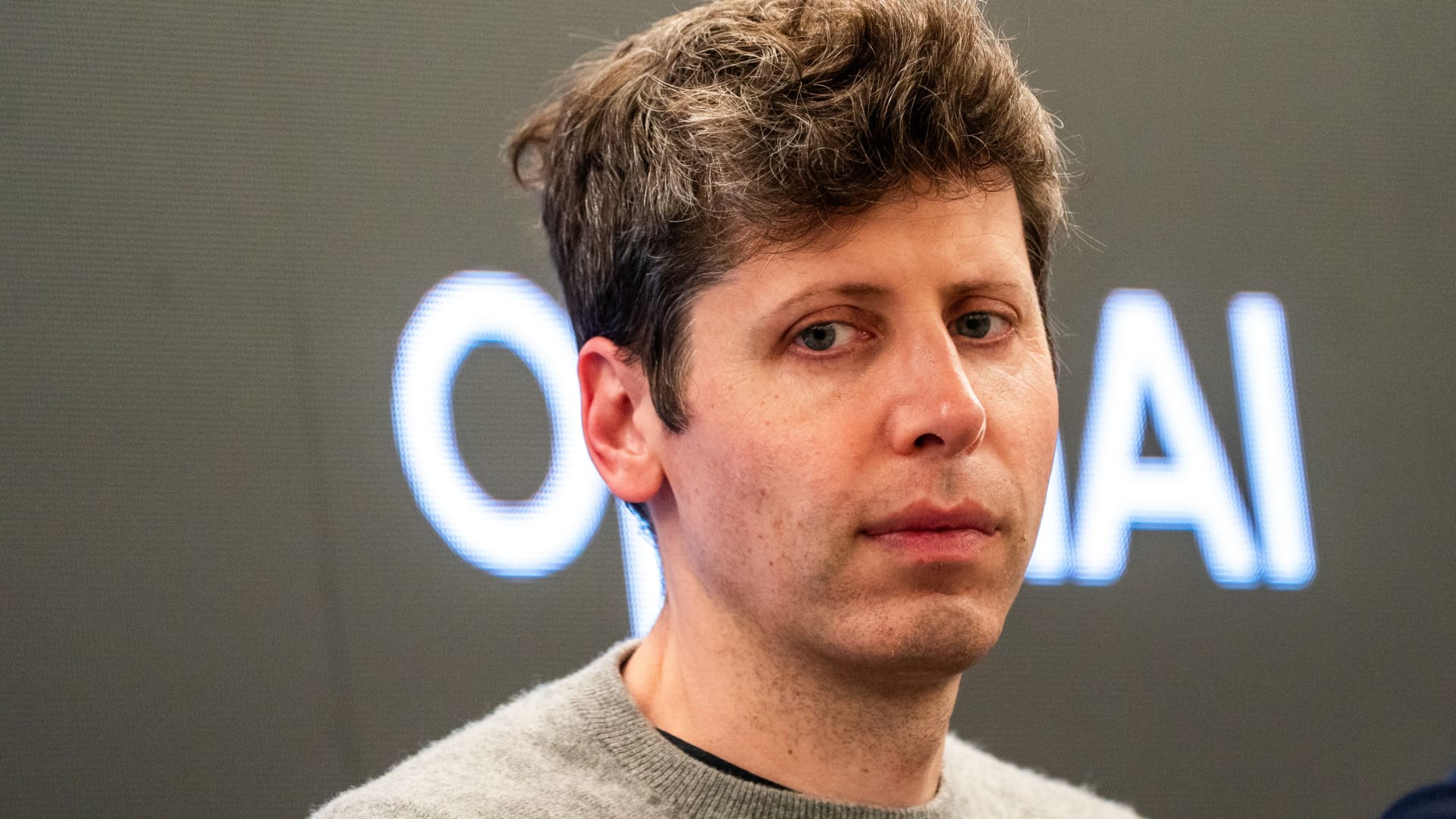In October 2025 OpenAI announced plans to permit adults only erotica on ChatGPT behind age gating and safety controls, touching off a political and cultural backlash. CEO Sam Altman defended the choice, saying OpenAI is "not the elected moral police of the world." The decision matters because it forces a public reckoning over how AI platforms balance creative freedom, safety, and commercial trust as regulators step up scrutiny.
Background Why This Matters for AI and Platform Safety
AI content moderation is a central tension for large models and platforms. Users want versatile, useful models and an adult mode for mature creative work while parents, policymakers, and advertisers demand protections against harmful or age inappropriate material. OpenAI says the change targets adults and will rely on opt in age verification and layered AI guardrails rather than blanket prohibition.
Key Details and Findings
- Timing and statement: The change was announced in October 2025 and reported widely. Sam Altman framed the decision with the line "not the elected moral police of the world." This quote is driving media and social discussion.
- Scope: OpenAI plans to allow erotic content intended strictly for adults and to restrict access to users 18 and older through age gating and safety features.
- Stakeholder reaction: The announcement provoked backlash from public figures and parents who argue that technical age gates can be bypassed and that trust with families, regulators, and advertisers could be harmed.
- Policy trade offs: OpenAI emphasizes autonomy and freedom of expression for consenting adults balanced against automated safety systems and human review. The company is betting on nuanced content filters and age verified access.
- Regulatory and commercial risk: The move invites scrutiny from agencies focused on child safety, consumer protection, and advertising standards, while some partners may reassess brand safety policies.
Plain language explanation of key terms
- Age gating: A technical control that attempts to verify a user s age before granting access to mature content. It can involve self declaration, identity checks, or third party verification. Age gating reduces risk but is not foolproof.
- Content moderation: The mix of automated systems, human reviewers, and policy rules used to decide what content is allowed on a platform. In AI systems moderation must cover both user inputs and generated outputs.
Implications and Analysis
What this means for businesses, users, and regulators:
- Trust versus utility: OpenAI is prioritizing product flexibility for adults but critics say any expansion of mature content raises the risk of exposing minors and undermining family trust. For businesses that rely on AI platforms perceived erosion of trust can affect user retention and commercial partnerships.
- Regulatory pressure: Agencies concerned with child safety and consumer protection are likely to scrutinize whether age gating and safety tools are effective in practice. Expect increased regulatory engagement and possible audits or new rules.
- Advertiser and partner calculus: Advertisers often evaluate brand safety carefully. Even with erotica behind gates some partners may reassess integrations and placements based on risk tolerance.
- Technical limits and costs: Effective age verification and moderation require investment in technology, operations, and human review. False positives and false negatives are inevitable and remedial processes must be ready to correct errors quickly.
- Broader industry trend: This mirrors a recurring debate about whether platforms should act as moral arbiters or provide tools and safeguards while leaving broader ethical decisions to users and regulators. The emphasis on an adult mode and opt in age verification reflects a shift toward more permissive functionality coupled with responsible AI content governance.
Minimal takeaway list for business leaders
- Review brand safety policies before integrating or advertising on platforms that change content rules.
- Consider legal and compliance exposure if user verification systems can be bypassed.
- Expect increased regulatory engagement on content moderation especially where minors could be affected.
- Invest in user education and redress mechanisms to handle moderation errors transparently.
Conclusion
OpenAI s decision to permit adults only erotica on ChatGPT and Sam Altman s rejection of a role as the "moral police" crystallize a recurring dilemma in AI governance: how to balance expressive freedom for adults against the practical need to protect minors and preserve trust. Companies and regulators must translate ethical debates into technical standards and enforceable rules. For businesses that depend on AI platforms the immediate question is operational how to measure and manage risk when platform policies change.
Meta description: OpenAI will allow adults only erotica on ChatGPT with age gating and safety controls prompting debate over trust moderation and potential regulatory scrutiny.




